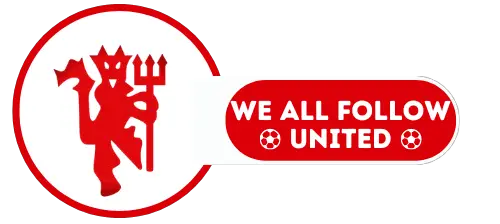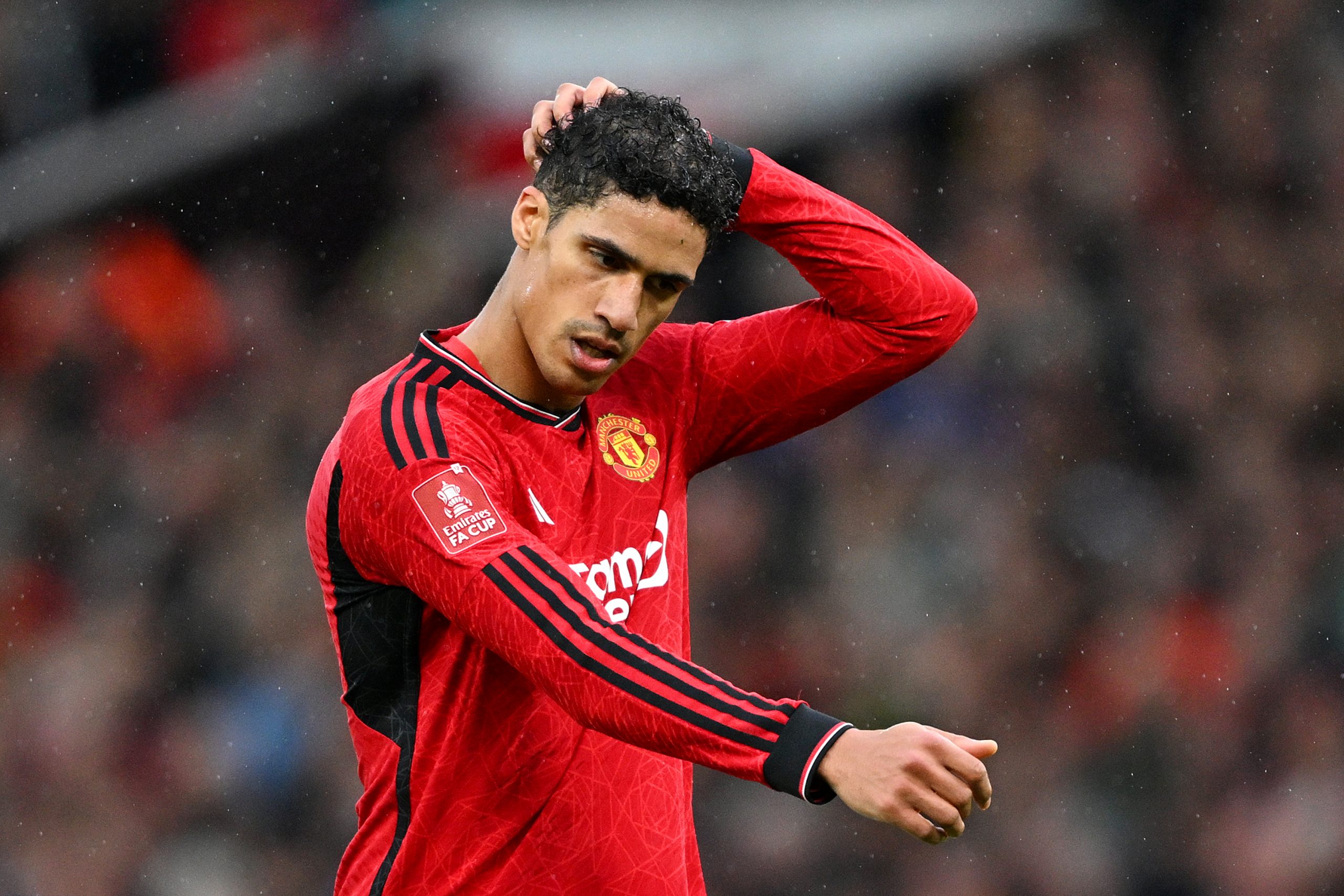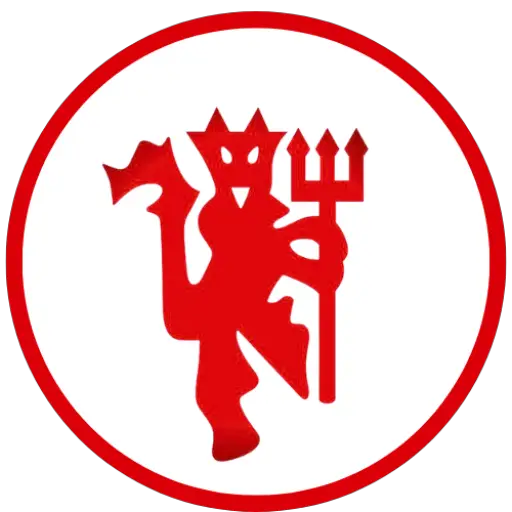Manchester United centre-back Raphael Varane shares decade-long struggle with concussion
In a recent interview with L’Équipe, as reported by The Daily Mirror, Raphaël Varane opened up about his struggles with concussion in an attempt to raise awareness about the matter.
The 30-year-old talked about having played the Round of 16 match of the 2014 FIFA World Cup “in autopilot mode” after taking a blow to the temple and playing the next game against eventual champions Germany.
“I wasn’t going to miss a World Cup quarter-final because I was a little tired. I felt eye fatigue. Looking back, I say to myself: If I had known it was a concussion, would I have said it, even if it meant not playing this match?”
“The staff wondered if I was suitable. I was diminished, but ultimately I played and rather well, even if I lost this duel against [Mats] Hummels [for Germany’s winning goal]. What we will never know is what would have happened if I had taken another impact to the head. When you know that repeated concussions have a potentially fatal effect, you tell yourself that things can go very wrong.”
Varane speaking about his struggles with concussion during the 2014 World Cup
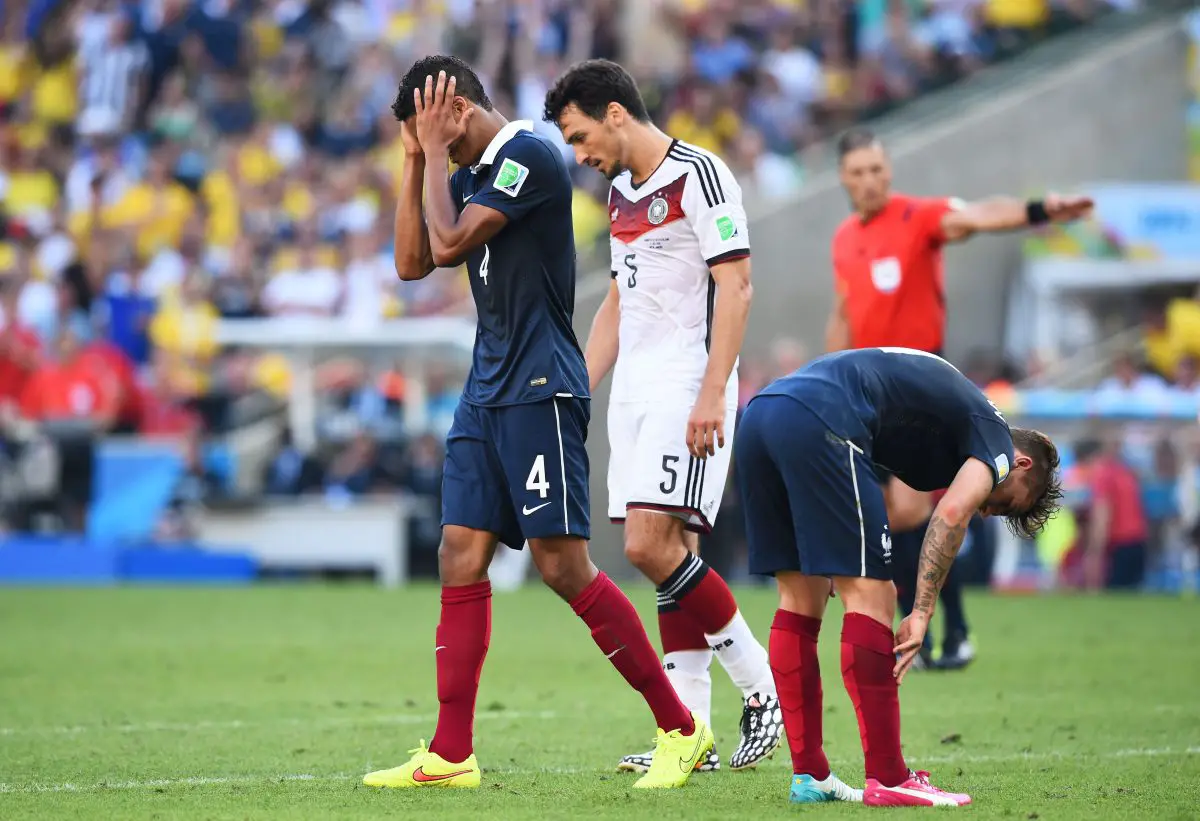
The France international recounted another incident from July 2020, when he started for Real Madrid against Manchester City despite taking a hit to the head the weekend before in a league game against Getafe. He went on to have a mistake-ridden outing that played a crucial part in City going through.
“I felt it from the warm-up. I said to myself, ‘wake up.’ I couldn’t concentrate on staying in my match, I was like a spectator. The match went badly for me and, with hindsight, I realised it was linked to the shock I had suffered.”
Varane talking about his Champions League outing against Man City
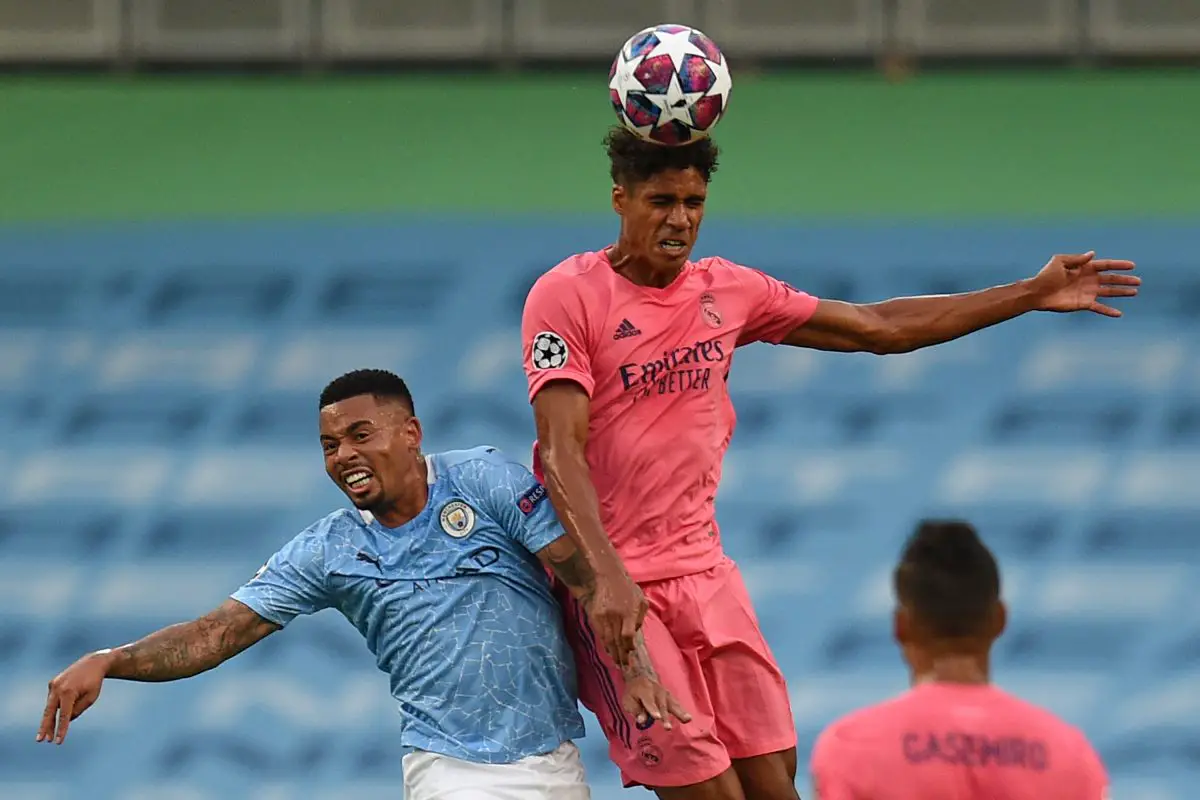
Varane even admitted to having voluntarily withdrawn from a fixture this season.
“During a match, I performed a series of headers, and in the days that followed I felt abnormal fatigue as well as severe eye fatigue. I reported to the staff that I was not fit to play and they strongly recommended that I not [sic] play. I took a test from a doctor, the results of which were passed on to the staff and I did not play for following match. But if I hadn’t asked to take these tests, I probably would have been lined up a few days later and, to be honest, I felt bad that I didn’t play the next game because of a migraine.”
Varane played a crucial role in Manchester United’s Champions League push last season and may yet have a crucial role to play towards the business end of this season.
Football’s cerebral problem
Football does not take head injuries seriously, plain and simple. For years, exhaustively carried out research has been presented by scientists demonstrating a direct connection between long-term cerebral ailments due to the consistent heading of a football.
We have had multiple ex-footballers succumbing to head diseases in recent years, and several cases of modern-day footballers struggling to continue staying on their feet after taking a blow to the head.
Varane’s story is one he shares with most other footballers both from before and of his time. The “tough lad” conditioning players are subjected to ever since their junior days makes them prone to staying on the field despite being in no shape for it.
Measures like concussion substitutes are not good enough for an issue such grand on both medical and cultural levels. Sadly, the sport and its runners are not interested in player welfare. Veteran followers of the game know all too well that it will take a horrifying incident for anyone to sit straight and take notice of anything.
More Manchester United News-
- Manchester United battling Arsenal for MLS star that could mean end of £4.3m Erik ten Hag investment last year
- Watch: Manchester United star hands out shirts to fans after heartbreaking late draw vs Brentford
- Manchester United try new transfer strategy as they eye duo from promoted PL teams
One can all but hope that something like that doesn’t happen for efficient measures to be enforced to protect the players, however unlikely that may be.
